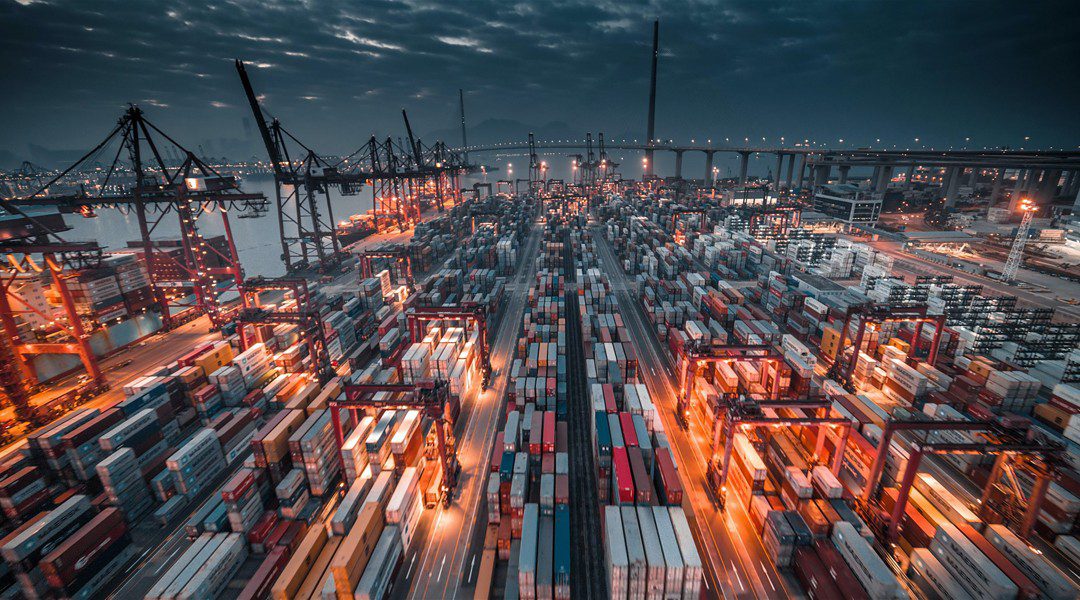The PoC will be conducted in conjunction with CargoX, edoxOnline, essDOCS and WAVE BL. The companies will implement DCSA eBL Interoperability Standards to test eBL interoperability through the full bill of lading lifecycle using data that mirrors a live shipment.
Previously, DCSA has released standards for eBL data formats and interfaces. The eBL interoperability PoC leverages DCSA eBL Interoperability Standards 1.0 – Beta 1. Upon completion of the PoC, DCSA eBL Interoperability Standards 1.0 will be officially released and free to download for any platform provider to incorporate into their eBL solutions to ensure interoperability with DCSA standards-based eBLs.
Phase one of the PoC, funded and supported by all DCSA carrier members, was completed in May 2022 with seven actively participating carrier members, ExxonMobil and four of six IGP&I-approved eBL solutions providers, namely CargoX, edoxOnline, essDOCS and WAVE BL. The standards and PoC design were adjusted for phase two based on phase one participant feedback. Successful completion of phase two is expected before the end of 2022 and will ensure full technological interoperability between participating eBL platforms. In addition, DCSA is working to address the legal framework needed between solution providers to enable cross-platform eBL transfer.
Fully interoperable eBL will enable shippers and beneficial cargo owners (BCOs) to choose an eBL provider based on service levels and capabilities, while maintaining the ability to exchange electronic documentation with carriers, banks and other parties that may use different platforms.
“ExxonMobil believes that digitisation enhances both customer experience and efficiency and sees value in adopting and scaling eBL solutions in the near term,” said Georgios Diallas, global strategy & improve manager for the marine container team and ExxonMobil. “For an eBL system to be effective, it has to be inter-operable across different platforms, and we applaud DCSA and its members for publishing standards to enable inter-operability. We encourage all eBL platform providers to help fast track eBL adoption by embracing DCSA standards.”
“Collaborating with DCSA and industry stakeholders to standardise paperless bills of lading and facilitate interoperability is an important part of the work we do,” said Stefan Kukman, CEO at CargoX. “eBL will bring countless benefits to the industry including greater sustainability and efficiency. With our platform for blockchain document transfer (BDT), eBLs are smarter and more secure than paper-based alternatives.”
“Our mission is to radically simplify and foster trust in global trade by enabling the instant, secure transfer of eBLs and other trade-related documents,” said Bhavna Sethi, chief strategy officer for WAVE BL. “Digital standards play an important role in improving eBL viability, increasing trust and accelerating adoption for all stakeholders, which is why we’re happy to support the DCSA eBL PoC. Digitalisation of trade documents will reduce the cost of doing business while increasing the efficiency and reliability of global trade.”






